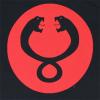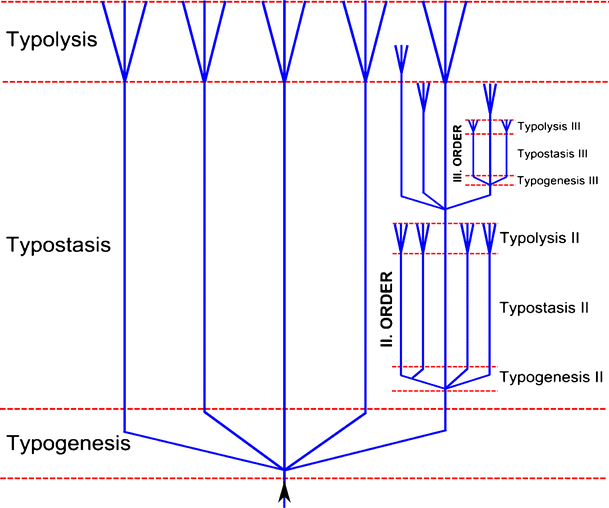Telomeres are known to shorten in the stem cells of somatic tissues, contributing to aging of the organism. This much is well known. What is less well known is that telomeres also appear to shorten between generations (https://www.ncbi.nlm...pubmed/25952108). It was originally thought to be due to the ‘old father effect’, by which older men father children with longer telomeres – and that this was somehow due to sperm lengthening telomeres with age (to my knowledge this has never been proven by a longitudinal study). However, it is now believed that this is a birth cohort effect, with each subsequent generation born with shorter telomeres than the one before (therefore having an older dad means that you’ve skipped some of this shortening). If proven true (and this theory explains how evolution brings about new species) then it means that species age and die out (or suddenly evolve) through telomeric shortening, and that human beings have likely accelerated this process recently by having children later in life. This is because the proposed mechanism for this intergenerational telomere attrition is the aging through division of the mother’s ooctyes (https://www.ncbi.nlm.nih.gov/pubmed/24493020).
It is well known that older mothers’ eggs often suffer from aneuploidy, i.e. the wrong number of chromosomes, and this is likely due to chromosome fusions and rearrangements caused by attrition of the eggs’ telomeres. (https://www.ncbi.nlm...pubmed/28327364, https://www.thelance...516-4/fulltext)
I am well aware this theory is ‘out there’, but it has such astounding consequences if true, that it deserves proper attention and discussion.
Edited by QuestforLife, 25 June 2019 - 02:12 PM.























































